Discover the fascinating world of microbiology with powerful tools, visuals, and cutting-edge research findings. Brock Biology of Microorganisms, 16th Global Edition is an authoritative and accessible textbook that covers the essential concepts of microbiology. This digital book follows the six major themes of microbiology that have been outlined by the American Society for Microbiology Conference on Undergraduate Education (ASMCUE): Cell Structure and Function, Metabolic Pathways, Evolution, Information Flow and Genetics, Microbial Systems, and the Impact of Microorganisms.
The 16th Global Edition offers valuable insights into the world of microbiology, including genomics, omics, and powerful tools that have transformed and revolutionized the field. With concrete examples, this edition illustrates how researchers have probed deeper and further than ever before into the microbial world.
This product only includes the PDF of the textbook Brock Biology of Microorganisms, 16th Global Edition; no access codes are included.
All prices are in US dollars.



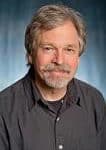
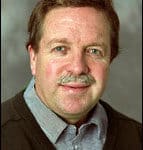
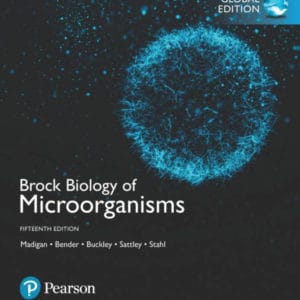
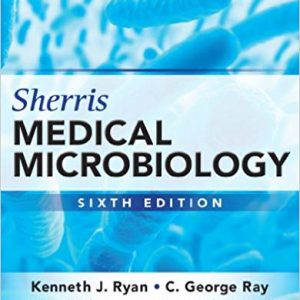
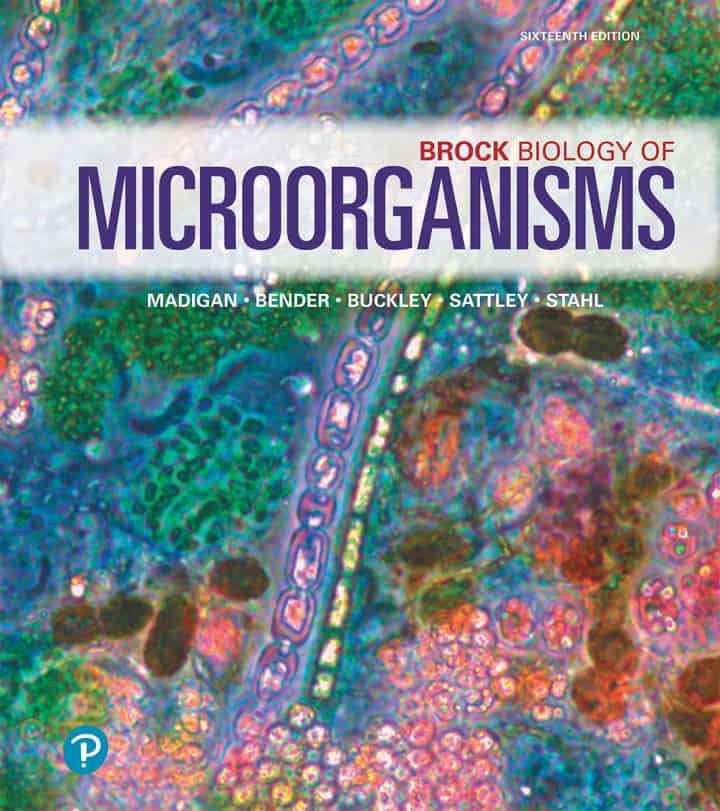
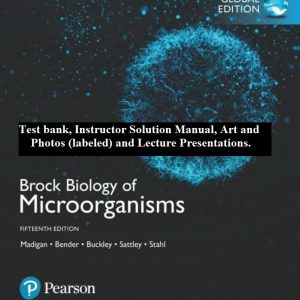
Reviews
There are no reviews yet.